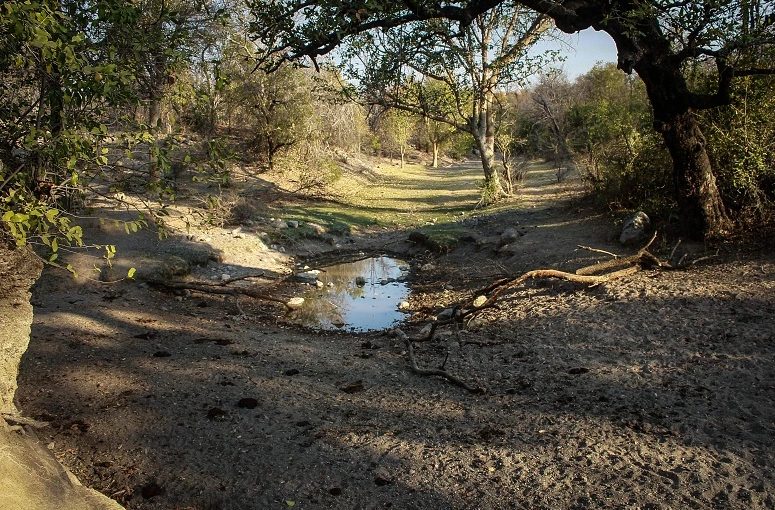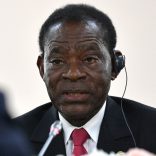Portuguese-language countries a priority for Mota-Engil - interview
Angola: Big projects can aggravate climate problems in country – agronomist

FILE - For illustration purposes only. [File photo: Lusa]
Angolan agronomist Fernando Pacheco has criticised the use of large projects that could aggravate, rather than mitigate, climate problems in Angola, due to a lack of knowledge and detailed studies.
Fernando Pacheco, who spoke to Lusa on Monday about the Africa Climate Summit in Nairobi, said that the effects of climate change are already being felt in Angola, especially in the south, where episodes of lack of rain have worsened in recent years.
With regard to the cyclical droughts experienced in Angola’s southern provinces, such as Cunene and Namibe, he pointed out that this was a worsening of what had been experienced before, since Angola has a great diversity of rainfall regimes and in the south-west there had traditionally been little rainfall.
“It’s an area that can be considered semi-arid, but compared to other countries like Mozambique, we’re in a much better situation. Even the phenomena of excess rainfall have no comparison,” said the expert.
As for the government policies adopted to mitigate the effects of climate change, he considered that, “unfortunately”, it is not possible to say “that we are on the right track”.
In the agronomist’s view, the “big projects” are a solution that doesn’t solve the problem and could make it even worse, causing the destruction of ecosystems and ancestral ways of life.
As an example, he pointed to the Cafu canal, which was built to solve the drought problems in Cunene, but whose work has already shown several flaws, with the rains damaging the infrastructure less than a year after its inauguration, and the announced irrigation project that aims to replicate the São Francisco Valley in Brazil.
“This project that is being talked about, which is intended to become a new São Francisco Valley, has very little chance of working because it is going ahead with a project without the necessary soil studies and much less involving the local people,” criticised the agronomist.
“These are people who are dedicated to shepherding, done according to very rudimentary rules, but adapted to those conditions. There’s no solution that’s going to turn them into big farmers. What will happen is that farmers who are not from the region will settle there,” he said.
For the engineer and co-founder of ADRA (Association for Rural Development and the Environment), this wouldn’t be a problem if the project included local communities, “but that’s not what’s been happening in Angola”.
Fernando Pacheco cited other experiences in Brazil’s semi-arid regions that he considers to have had better results, such as the construction of underground cisterns to collect and store rainwater, while advocating “smaller, cheaper actions” with simple technology.
“We don’t have the capacity to manage large-scale projects,” he said, pointing to the case of Biocom, a company with Angolan and Brazilian capital that supplies around a third of the country’s sugar needs, which he considered “a good project from the point of view of effectiveness,” but a “disaster” in terms of efficiency, surviving only on injections of money from the Angolan state.
He also warned of the need to preserve ecosystems, which “if they are not well looked after, will present very serious problems” and which he considered a pressing issue for intertropical Africa.
“When we talk about forests, we’re not just talking about the devastation caused by big economic interests, we’re also talking about the use of biomass by people who live in poverty and have no other sources of energy,” he emphasised.
The Africa Climate Summit in Kenya brings together heads of state and government from the African Union and the United Nations, as well as representatives of civil society.
Angola is represented by the vice-president of the country, Esperança da Costa.
The first Africa Climate Summit, led by Kenyan President William Ruto with the support of the African Union, will address the growing exposure to climate change and the associated costs globally and in Africa in particular.
Under the slogan “Driving Green Growth and Climate Finance Solutions for Africa and the World”, the summit will also focus on presenting innovative green growth and climate finance solutions in Africa and around the world.












Leave a Reply
Be the First to Comment!
You must be logged in to post a comment.
You must be logged in to post a comment.